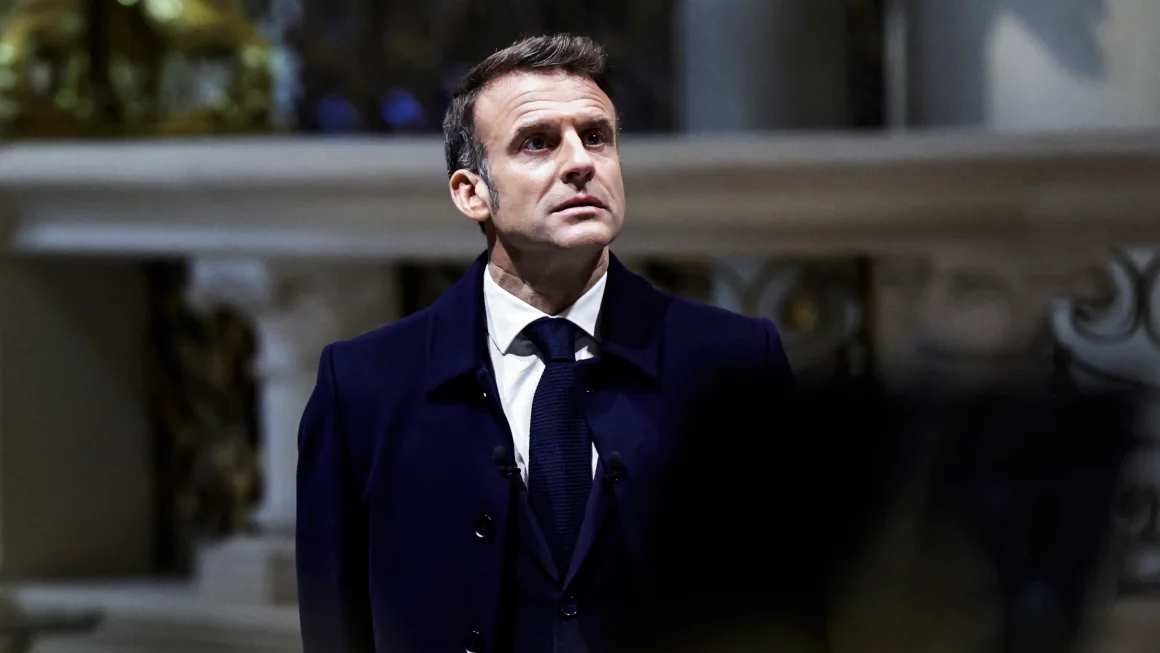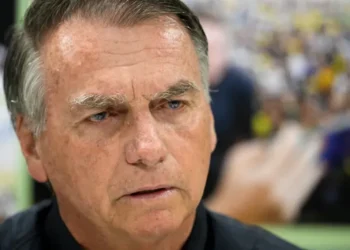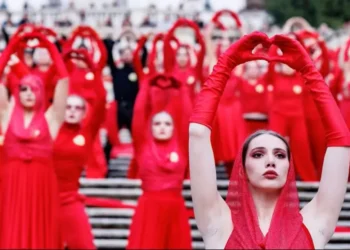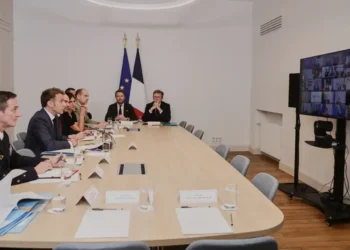French Prime Minister Resigns After No-Confidence Vote, to Stay as Caretaker
French Prime Minister Michel Barnier submitted his resignation on Thursday after losing a vote of no confidence, which led to the collapse of his government and intensified France’s ongoing political crisis.
Caretaker Role for Barnier
Barnier officially handed his resignation to President Emmanuel Macron, who accepted it. However, Barnier will remain in a caretaker role until a new government is appointed, according to a statement from the presidential office.
Historic Defeat
On Monday, 331 out of 577 lawmakers voted against Barnier’s government, ending his tenure after an attempt to push through the 2025 budget using a constitutional loophole. This marked the first time since 1962 that a French government was defeated by a no-confidence motion. Barnier, a veteran politician and noted negotiator, now holds the distinction of being France’s shortest-serving prime minister.
Challenges in Choosing a Successor
President Macron faces the delicate task of selecting a new prime minister. The fractured parliament—divided into three factions without a majority—has left him struggling to navigate between left-wing and far-right lawmakers. Macron had appointed Barnier after a snap election earlier this year failed to produce a clear majority, creating a fragile minority government.
The government’s collapse began Monday when Barnier bypassed a parliamentary vote on the annual budget, a move that angered opposition lawmakers. Left-wing and far-right parties united to pass the no-confidence motion on Wednesday, sealing Barnier’s fate.
Political Turmoil
During the no-confidence debate, Barnier defended his record, warning lawmakers that his removal would make governing even more difficult. Nevertheless, his arguments failed to sway opponents. Marine Le Pen, leader of the far-right National Rally, criticized Barnier’s rigidity, accusing him of refusing to make concessions that could have averted the crisis.
Le Pen also blamed President Macron for the situation, describing him as “most responsible for the current chaos.” Speaking to TF1 after the vote, she emphasized that Macron would have to “assume his responsibilities.”
Macron Under Pressure
The political crisis leaves France without a prime minister or a functioning budget as the year draws to a close. Macron must appoint a new prime minister and pass a budget before the December 21 deadline. If this deadline is missed, the government could implement a temporary fiscal continuity law, allowing limited operations at 2024 spending levels.

Further complicating matters, a new election cannot be held until June due to parliamentary rules. This has led to calls for Macron’s resignation, with opposition lawmakers like Le Pen likely to use their support for a new prime minister as leverage.
Macron’s Diminished Authority
The collapse of Barnier’s government is the latest blow to Macron’s presidency, which has been plagued by dwindling popularity. Following poor results in European elections earlier this year, Macron called the snap legislative election, a risky move that further weakened his centrist bloc.
Now halfway through his final term, Macron’s authority has been severely diminished both domestically and internationally. The snap election left the president facing opposition from both left and right, with no clear path to parliamentary stability.
Budget Battle Sparks Backlash
The downfall of Barnier’s government was fueled by his controversial budget proposal, which aimed to reduce France’s budget deficit to 5% in 2025 through €60 billion in tax hikes and spending cuts. Opposition parties fiercely opposed measures like delaying inflation-linked pension adjustments.
Mathilde Panot, leader of the left-wing LFI-NFP bloc, celebrated Barnier’s defeat, calling the budget “a provocation of French voters.”
Economic Concerns
France’s political instability has raised alarm over its economic future. On Monday, concerns about public finances briefly pushed government borrowing costs above those of Greece. With national debt nearing 111% of GDP—the highest level since World War II—France faces growing fiscal challenges, partly due to pandemic-era spending and the ongoing energy crisis following Russia’s invasion of Ukraine.
Macron to Address Nation
As pressure mounts, Macron is expected to address the French people on Thursday evening. His speech will likely outline his next steps in addressing the political and economic turmoil that has gripped the nation.
This article was rewritten by JournosNews.com based on verified reporting from trusted sources. The content has been independently reviewed, fact-checked, and edited for accuracy, neutrality, tone, and global readability in accordance with Google News and AdSense standards.
All opinions, quotes, or statements from contributors, experts, or sourced organizations do not necessarily reflect the views of JournosNews.com. JournosNews.com maintains full editorial independence from any external funders, sponsors, or organizations.
Stay informed with JournosNews.com — your trusted source for verified global reporting and in-depth analysis. Follow us on Google News, BlueSky, and X for real-time updates.














